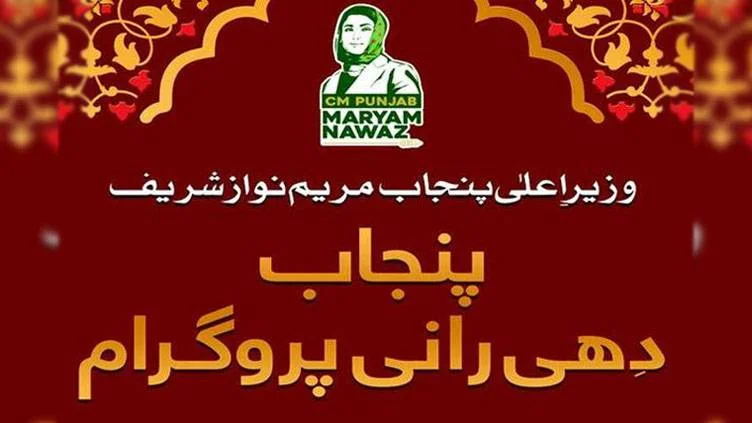Islamabad, 12 Apr, 2025: In a heartwarming initiative led under the Dhee Rani Program, seventy-one underprivileged couples from Dera Ghazi Khan were joined in matrimony through a mass wedding ceremony that marked a day of joy, unity, and empowerment.
The Dhee Rani Program, launched by Punjab’s Chief Minister Maryam Nawaz Sharif, aims to uplift the under-resourced communities by helping young women from modest backgrounds begin their married lives with dignity and support.
READ MORE:
Dhee Rani Program 2025 – Free Mass Wedding in Punjab
Demonstrating care and solidarity, he personally visited each couple’s seating area to extend warm wishes and heartfelt congratulations.
As part of the celebration, each couple received essential household items and furnishings valued at over Rs. 200,000, ensuring a stable and respectful start to their new journey.
The event also saw participation from a number of distinguished political figures and administrative officials. Parliamentary Secretary for Agriculture, Sardar Osama Fayyaz Leghari, Provincial Assembly Members Muhammad Hanif Pitafi and Sardar Salahuddin Khosa, Commissioner Ashfaq Ahmed Chaudhry.
Deputy Commissioner Muhammad Usman Khalid, and District Police Officer Syed Ali were among the prominent attendees. Members of the Pakistan Muslim League, including Syed Abdul Aleem Shah and Tariq Ali Khan Kakar, along with other local representatives, also lent their support.
According to Minister Sohail Shaukat Butt, this mass marriage ceremony is part of the second and third phases of the Dhee Rani Program, through which a total of 5,000 deserving couples will be married across Punjab.
In its first phase, 1,500 brides have already been united in similar mass weddings, showcasing the scale and impact of this transformative effort.
Minister Butt emphasized that Chief Minister Maryam Nawaz Sharif’s vision behind the Dhee Rani Program is to lay the foundation of a compassionate and inclusive society resembling the ideals of the State of Medina where vulnerable segments receive government-backed support to live with respect and dignity.
The initiative continues to gain appreciation as a historic and golden step in promoting social welfare, setting a powerful precedent for future public welfare programs.









